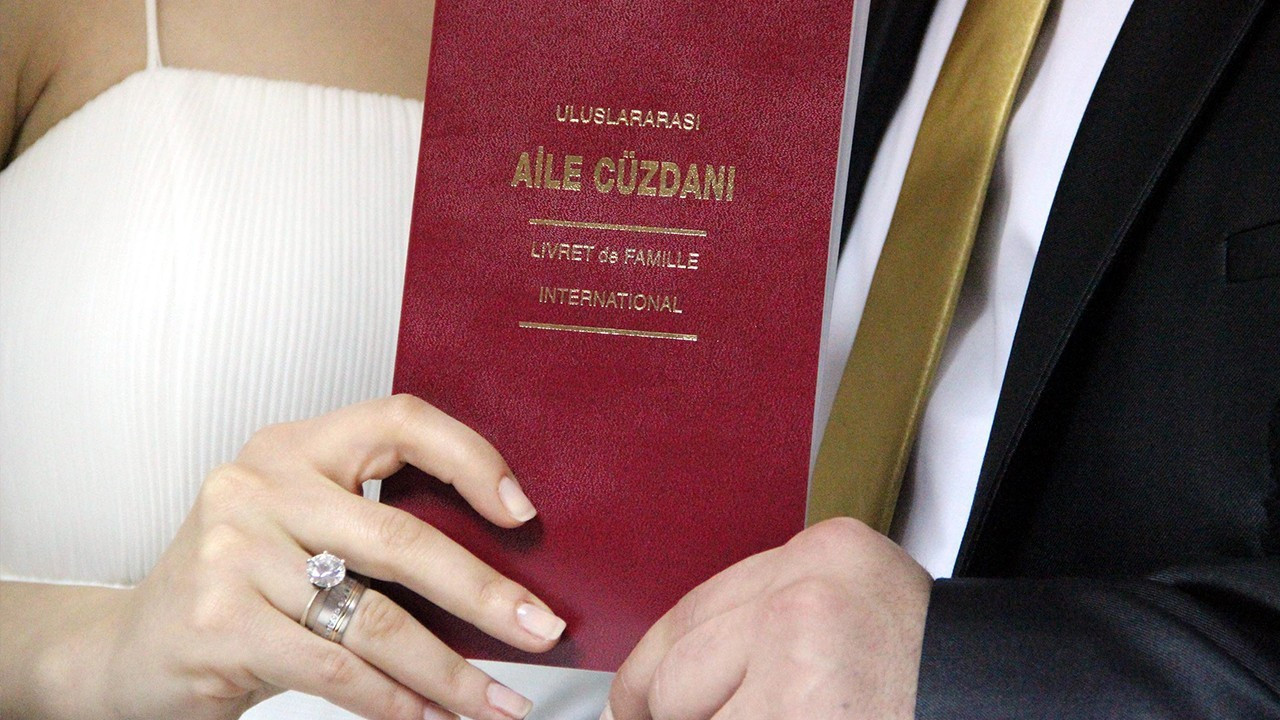Turkish top court rules not calling in-laws ‘mom, dad’ grounds for divorce
Turkey’s top appeals court (Yargıtay) has ruled that a woman was at fault for not calling her in-laws “mother” or “father,” constituting grounds for divorce.
Duvar English
The Turkish top appeals court (Yargıtay) has upheld a local court decision that found a woman at fault in a divorce case for not addressing her mother and father-in-law as "mother" and "father."
According to the ruling, a man filed for divorce, claiming that his wife did not show the necessary respect to his parents, did not call them "mother" and "father," exaggerated minor incidents to exert pressure on him, and exhibited jealousy. He argued that these actions fundamentally damaged their marriage.
In response, the woman counter-filed, denying her husband's accusations. She claimed that he did not spend time with her or their children, sent her abusive messages, and did not want her. She requested a divorce and sought 50,000 Turkish liras (1,500 dollars) in material and moral compensation each.
A local court found the woman fully at fault for not addressing her in-laws as "mother" and "father," for behaving coldly towards them, exhibiting excessive jealousy towards her husband, and leaving home. The court ruled for the divorce and rejected her compensation claims.
Another local court reviewed the case upon the woman’s appeal. The court determined that the woman not calling her in-laws "mother" and "father" did not constitute a fault severe enough to damage the marriage fundamentally. They ruled that both parties were equally at fault and partially accepted the woman's appeal.
Upon further appeal, the Yargıtay found the woman significantly at fault for not addressing her in-laws as "mother" and "father," overturned the regional court's decision, and upheld the divorce. The ruling stated that the decision on the divorce was in accordance with legal regulations, but the assessment of fault was incorrect.
The Court of Appeals concluded that, based on other determined faults, the woman was entirely at fault for the events leading to the divorce. Therefore, the initial court's decision to reject the woman's divorce case was appropriate.
The ruling indicated that the woman's divorce claim had become moot and that awarding her legal expenses and attorney fees in the appeal court was incorrect.


 Turkey's marriage and divorce rates decline, official numbers showDomestic
Turkey's marriage and divorce rates decline, official numbers showDomestic ECHR says 300-day waiting period for Turkish women to remarry after divorce is ‘gender discrimination’Women
ECHR says 300-day waiting period for Turkish women to remarry after divorce is ‘gender discrimination’Women Women in Turkey can now use solely own surnames after marriageWomen
Women in Turkey can now use solely own surnames after marriageWomen